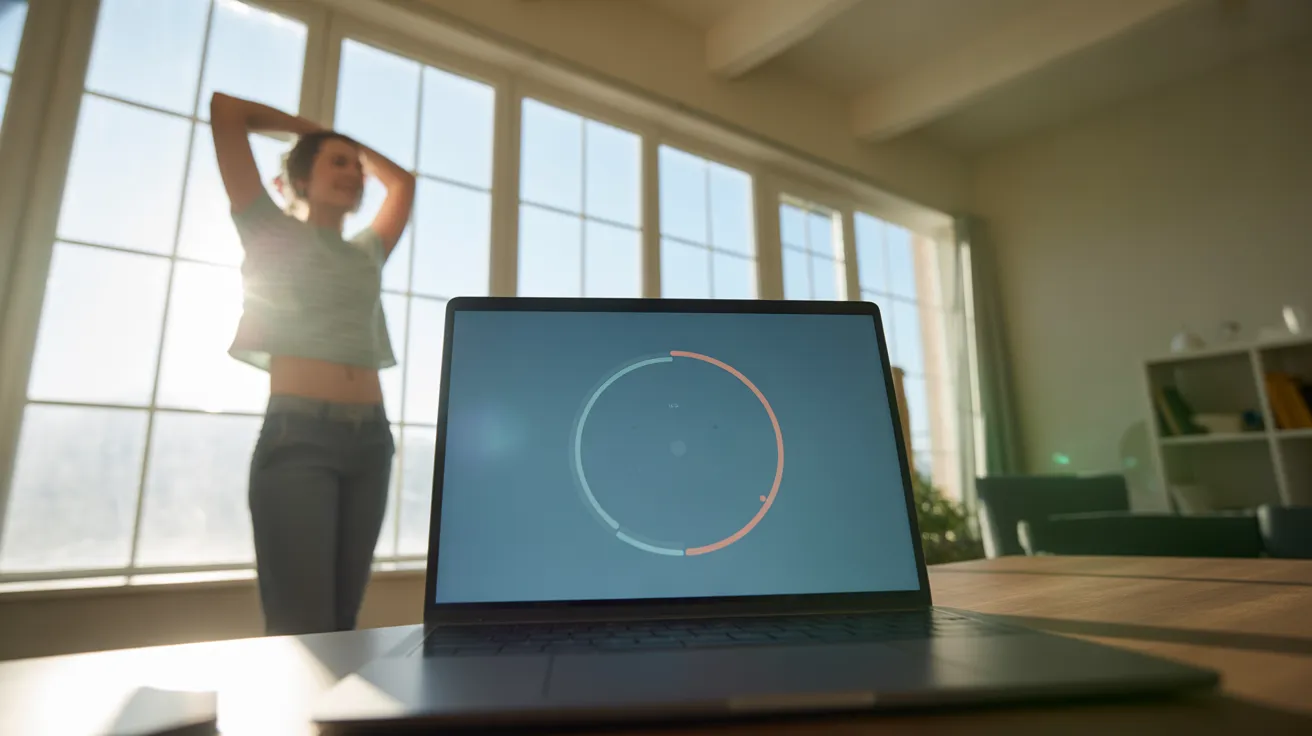
Your Seven-Day Focus Challenge
Reading about these ideas is one thing. Experiencing them is another. The only way to see if this productivity mindset works for you is to try it. I invite you to take a simple, seven-day challenge. Don’t try to implement everything at once. That leads to overwhelm. Instead, pick a few small actions and commit to them for one week.
This isn’t about revolutionizing your life overnight. It’s about taking small, intentional steps that prove to yourself that you have more control over your attention than you think. It’s about making hard tasks feel just a little bit easier, one day at a time.
Here are 3-5 focus actions to try for the next seven days:
- Define Your “One Thing.” Each morning this week, before you check any notifications, take two minutes to identify the single most important task for your day. Write it down on a sticky note and place it on your monitor. This is your compass for the day.
- Practice Single-Tasking for 25 Minutes. Just once per day, choose a task (ideally your “one thing”) and set a timer for 25 minutes. During that time, close all other tabs and put your phone out of sight. Give that one task your complete, undivided attention. When the timer goes off, you’re done. You can go back to your normal way of working. Just experience 25 minutes of pure focus.
- Implement a “Shutdown Complete” Ritual. At the end of each workday, take five minutes. Tidy your desk. Write down your main task for tomorrow. Then, close your computer and say out loud, “Shutdown complete.” Feel the sense of closure this brings.
That’s it. Three small changes. These actions are designed to lower the friction to focus, give you a taste of deep work, and help you disconnect more effectively. After seven days, reflect on how you felt. Did you feel more in control? Less overwhelmed? Did that hard task feel a little easier to start?
The journey to sustained focus is a practice, not a destination. Be kind to yourself. Be patient. And start small. You have everything you need to begin.
Disclaimer: The information provided in this article is for educational and informational purposes only and is not intended as medical or psychological advice. It is not a substitute for professional advice from a qualified healthcare provider. Always seek the advice of your physician or other qualified health professional with any questions you may have regarding a medical condition or mental health concern.



